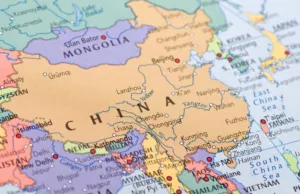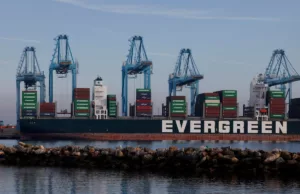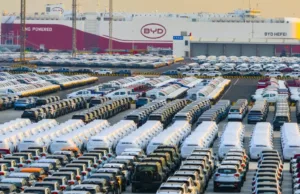Automundo China
Musk’s fascism — and China’s EVs — are killing Tesla around...
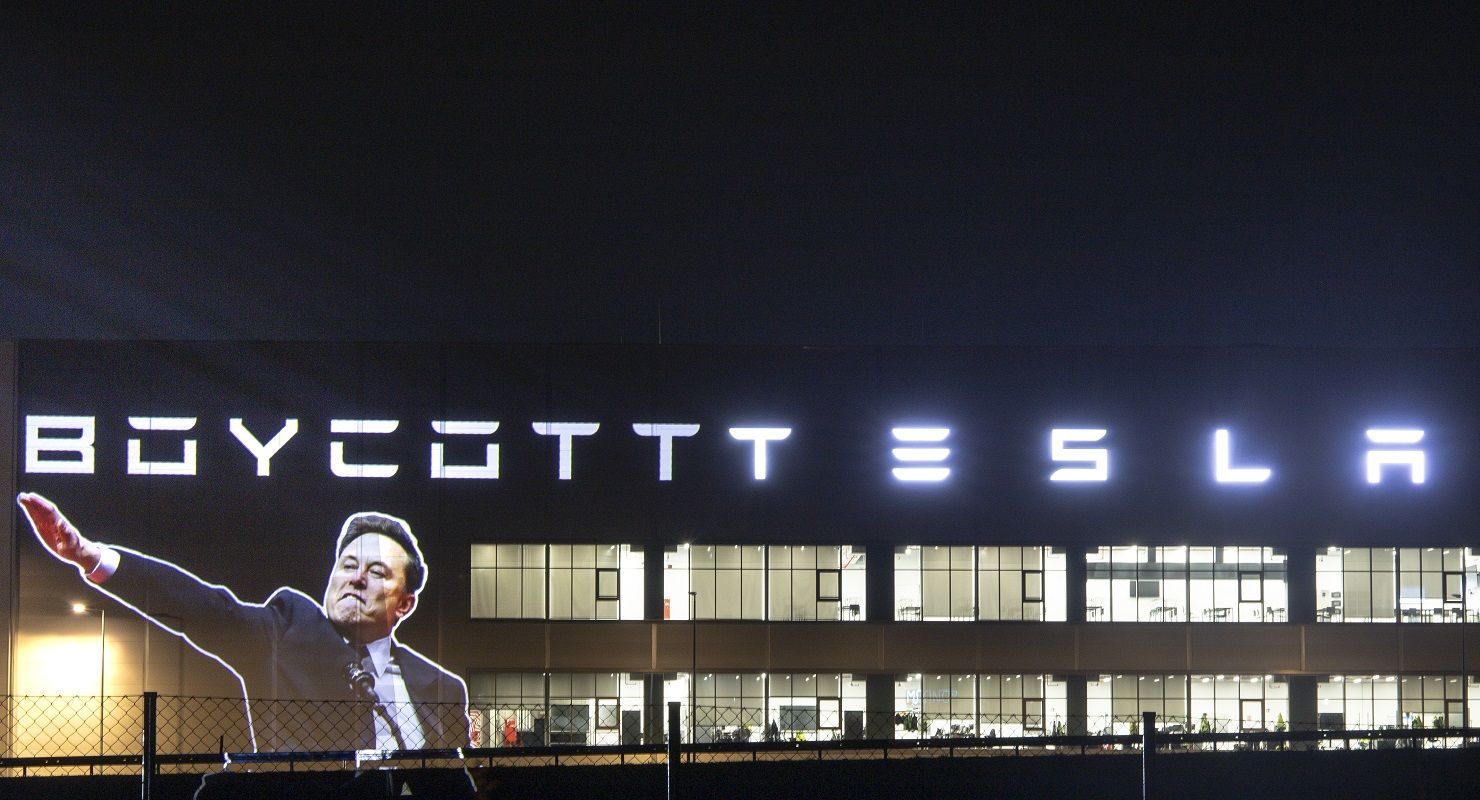
There’s a price to be paid for Elon Musk moving to the far right, with Tesla sales falling rapidly.
Opinion | Don & Elon’s Excellent Adventure? Only China Is Laughing.

The president’s impulsive tariffs are a symptom of a deeper challenge to U.S. manufacturing.
Hydrogen fuel cell vehicles: China remains leader despite setback

China is fast-tracking hydrogen energy commercialization through policy and legislation. In 2022, the Medium- and Long-Term Plan for Hydrogen Industry
Tesla Q4: Long-Term Growth Looks Unstoppable Despite China And Tariff Risks...
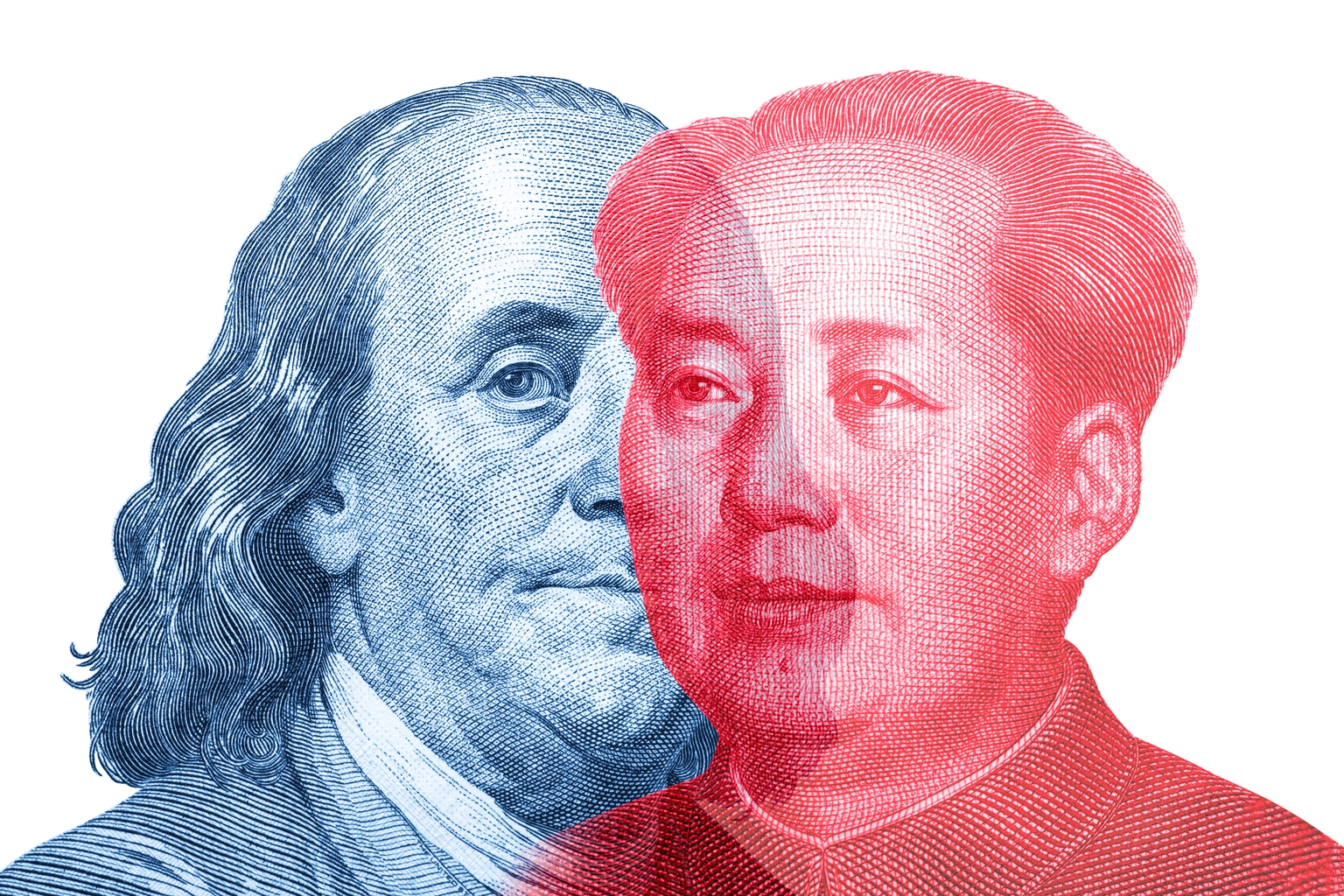
Tesla, Inc.'s Q4 2024 results show strong progress despite volatility risks. Tariffs present short-term volatility risks. Click for my TSLA stock update.
Tesla and Apple are the ‘Magnificent Seven’ companies hit hardest by...

Tesla’s stock fell 5% on Monday, the biggest drop for any member of the so-called “Magnificent Seven,” while Apple shares dropped 3%.
Nio owner says NOP ‘saved his life’ by avoiding highway crash...
Nio's NOP emergency steering saved the driver.
The post Nio owner says NOP ‘saved his life’ by avoiding highway crash [video] appeared first on CarNewsChina.com.
Investors eye Chinese EV stocks and Tesla cautiously amid a flurry...
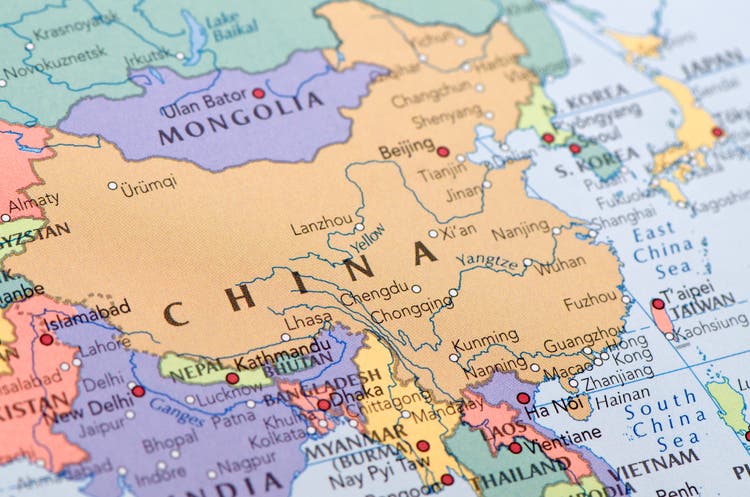
Electric vehicle stocks rise as U.S.-China trade tensions ease.
China retaliates with countermeasures against Trump’s tariffs
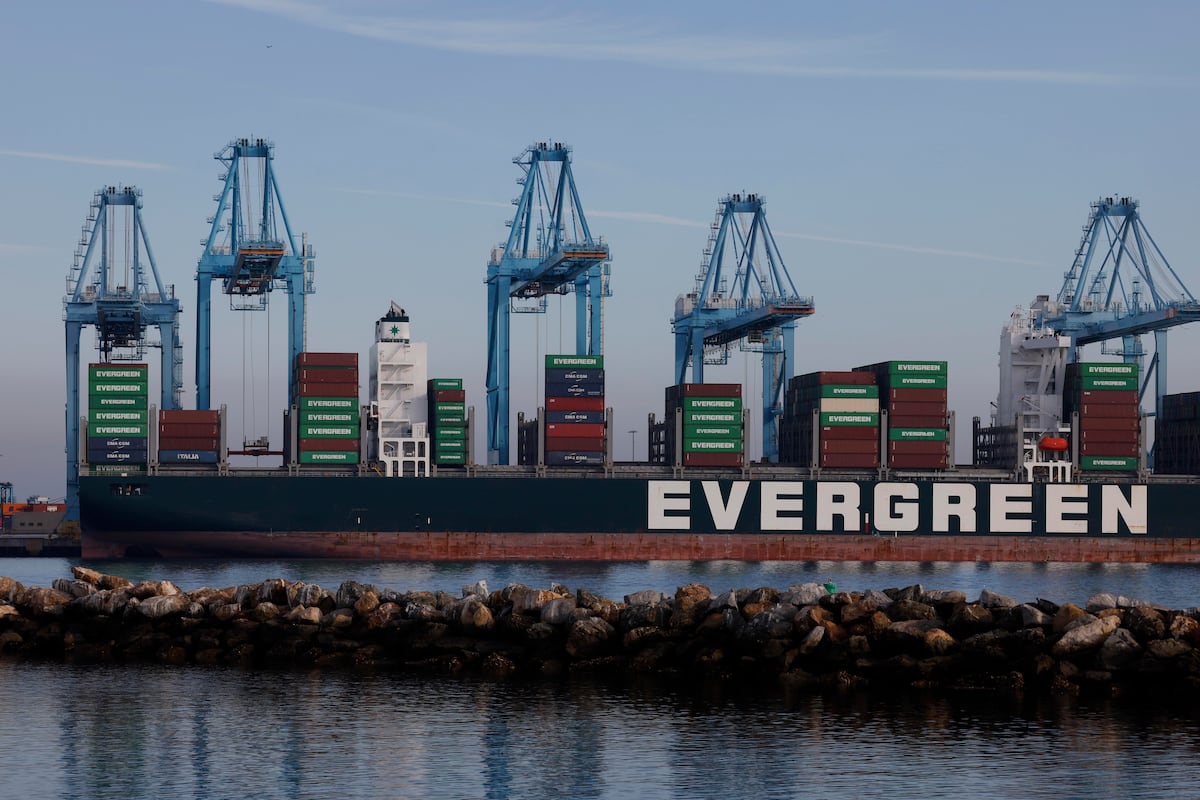
Beijing announces levies of up to 15% on imports of US products, such as oil and large cars, an investigation into Google and restrictions on exports of critical minerals
Is the 2025 Tesla Model Y the Game Changer We’ve Been...

Is the 2025 Tesla Model Y the Game Changer We’ve Been Waiting For? - La Noticia Digital
Trump tariffs: Stealing from the China playbook—to boost car making in...

China became an automotive powerhouse—from near nothing—thanks largely to tariffs. Trump noticed.



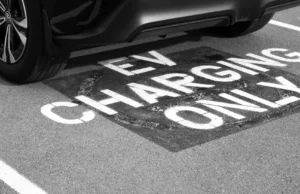

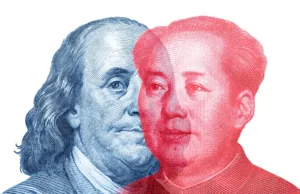

![Nio owner says NOP ‘saved his life’ by avoiding highway crash [video] Nio owner says NOP ‘saved his life’ by avoiding highway crash [video]](https://automundochina.com/wp-content/uploads/2025/02/nio-owner-says-nop-saved-his-life-by-avoiding-highway-crash-video-10-300x194.webp)
